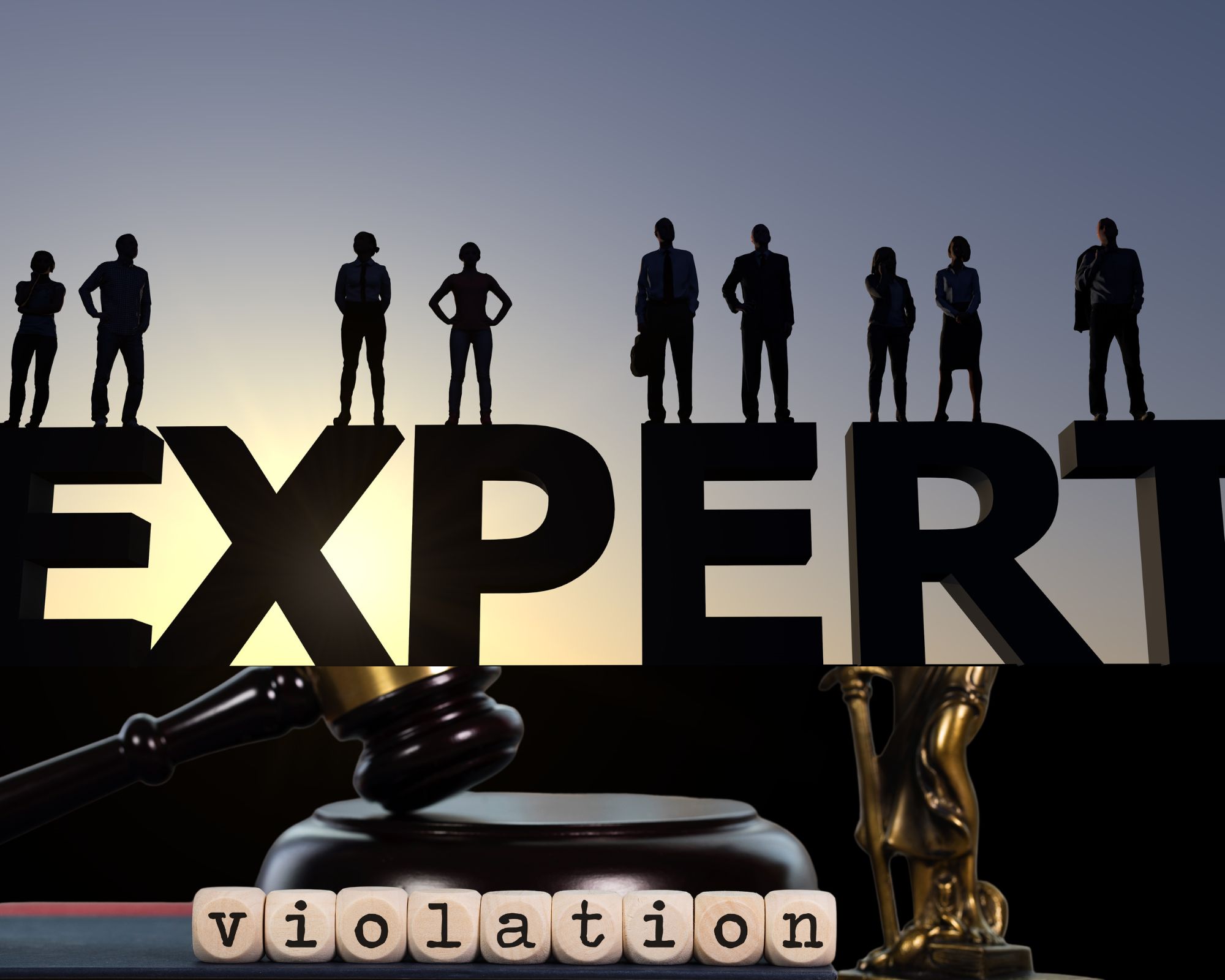Summary:
-
Human rights advocates are concerned about what appears to be a new procedure that allows nations to keep their comments to UN experts about claims of human rights violations confidential.
-
On a page of the UN Human Rights Office website, letters from “special rapporteurs,” who are experts in human rights, to those who are said to have broken the law—usually a government—are posted.
-
Most of the time, the response is also on the page, but recently, in some cases, a placeholder document has shown up with the words “The government’s response is not made public because it is confidential.
-
“This template letter appears in responses from at least four governments—Ecuador, Guatemala, India, and Nepal—and one nongovernmental organization, the UK-based cigarette firm Imperial Brands PLC. The people who are trying to protect human rights say that the government shouldn’t be able to hide the information like this because a person accused of breaking human rights has a right to know what the government is doing, even if it could hurt them.
-
One lawyer in Nepal claims that while the states’ requests for anonymity are not shocking, learning that they were granted astonished her.
Human rights advocates are concerned about what appears to be a new procedure that allows nations to keep their comments to UN experts about claims of human rights violations confidential.
On a page of the UN Human Rights Office website, letters are posted from “special rapporteurs,” who are experts in human rights, to those who are said to have broken the law—usually a government. Most of the time, the response is also on the page, but recently, in some cases, a placeholder document has shown up with the words “The government’s response is not made public because it is confidential.”
At least four governments (Ecuador, Guatemala, India, and Nepal) and one non-government organization (the UK-based cigarette company Imperial Brands PLC) have used this letter as a template.
The people who are trying to protect human rights say that the government shouldn’t be able to hide the information like this because a person accused of breaking human rights has a right to know what the government is doing, even if it could hurt them.
According to Victoria Tauli-Corpuz, executive director of the Philippine human rights organization Tebtebba, which advocates for the rights of Indigenous Peoples, “there is a lot of effort from the side of those sending information about incidents of human rights violations happening to them, and they send these to the rapporteurs even knowing that there may be a risk to their lives.”
“Reading the state’s response, which will serve as the foundation for the victims’ subsequent actions, is a step in resolving matters brought before the special rapporteurs.” In an email interview, Tauli-Corpuz said, “Withholding responses is a dead end for possible problem resolution.” From 2014 until 2020, she served as the UN’s special rapporteur on the human rights of Indigenous peoples.
When contacted for a comment regarding the apparent change in procedure, the UN Office of the High Commissioner for Human Rights (OHCHR), which maintains the website, did not provide one.
Communications may also raise issues with rules or procedures that go against human rights norms. An OHCHR study found that in 2021, experts spoke with 149 countries and 257 “non-state actors,” such as companies and international organizations. Six hundred fifty-one of those communications got responses.
The 2,256 claimed victims were the subject of 1,002 communications. The study continues to say that there are no statistics on the number of requests for communications to be kept private.
One lawyer in Nepal says that the states’ requests for anonymity don’t surprise her, but the fact that they were granted does. Because their government isn’t doing anything about these problems, people and groups turn to the UN for help, says Mandira Sharma, a human rights attorney who has worked with UN human rights committees in the past. Why would anyone engage otherwise?
“They should be free to make the information public unless crucial information would put someone’s life in danger,” said Sharma.
Government responses frequently contain material that has been redacted.
According to Sarah M. Brooks, Program Director for the NGO International Service for Human Rights, there should be a place where human rights experts and nations may speak in private about claims.
But the information that the UN receives must come from the ground up, from advocates and victims who frequently assume significant risks to do so. In an online discussion, she said that the communication protocol and the idea of respecting and giving power to victims are at odds with each other.
“It would be a big mistake for any UN actor to give in to governments’ requests to keep certain information secret, which means not sharing information that could save lives with victims, their families, and their lawyers,” Brooks said.
Analysis: Advocacy Unified Network

